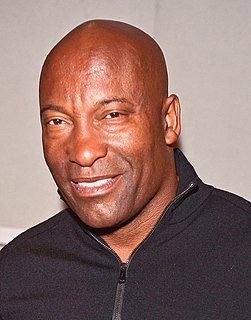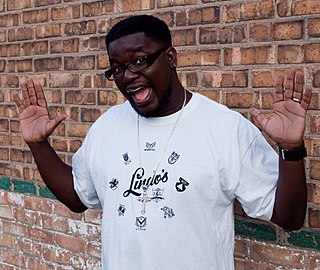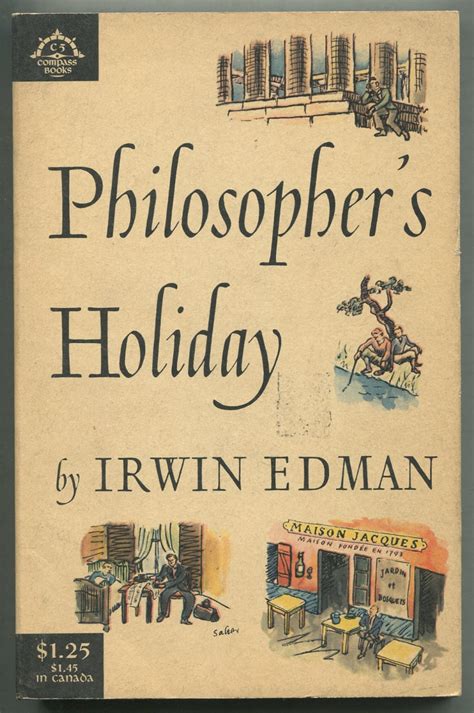A Quote by Paul Watson
Pete Bethune is a hero in New Zealand. He's a hero worldwide to people who want to see the end of whaling.
Related Quotes
It concerns me when I see a small child watching the hero shoot the villain on television. It is teaching the small child to believe that shooting people is heroic. The hero just did it and it was effective. It was acceptable and the hero was well thought of afterward. If enough of us find inner peace to affect the institution of television, the little child will see the hero transform the villain and bring him to a good life. He'll see the hero do something significant to serve fellow human beings. So little children will get the idea that if you want to be a hero you must help people.
When you see the violence of Hollywood movies, there is a tendency that the hero is combating and confronting many people, without much harm to himself. But in my films, the hero takes a lot of hits so the very act of the hero being the one on the receiving end, makes the audience cheer and connect with him.
Heroes come in all sizes, and you don't have to be a giant hero. You can be a very small hero. It's just as important to understand that accepting self-responsibi lity for the things you do, having good manners, caring about other people-these are heroic acts. Everybody has the choice of being a hero or not being a hero every day of their lives.
Part of what we want to do with the Heroic Imagination Project is to get kids to think about what it means to be a hero. The most basic concept of a hero is socially constructed: It differs from culture to culture and changes over time. Think of Christopher Columbus. Until recently, he was a hero. Now he's a genocidal murderer! If he were alive today, he'd say, "What happened? I used to be a hero, and now people are throwing tomatoes at me!
I think it's a dance that people want to see. It's a chemistry that people want to see. In the same way that people don't want to see a perfect hero with no flaws who can handle anything, people don't want to see a perfect relationship. There's nothing interesting about that. People want to see you fail.
In broad outline and in detail, the life of Jesus as portrayed in the gospels corresponds to the worldwide Mythic Hero Archetype in which a divine hero's birth is supernaturally predicted and conceived, the infant hero escapes attempts to kill him, demonstrates his precocious wisdom already as a child, receives a divine commission, defeats demons, wins acclaim, is hailed as king, then betrayed, losing popular favor, executed, often on a hilltop, and is vindicated and taken up to heaven.






































